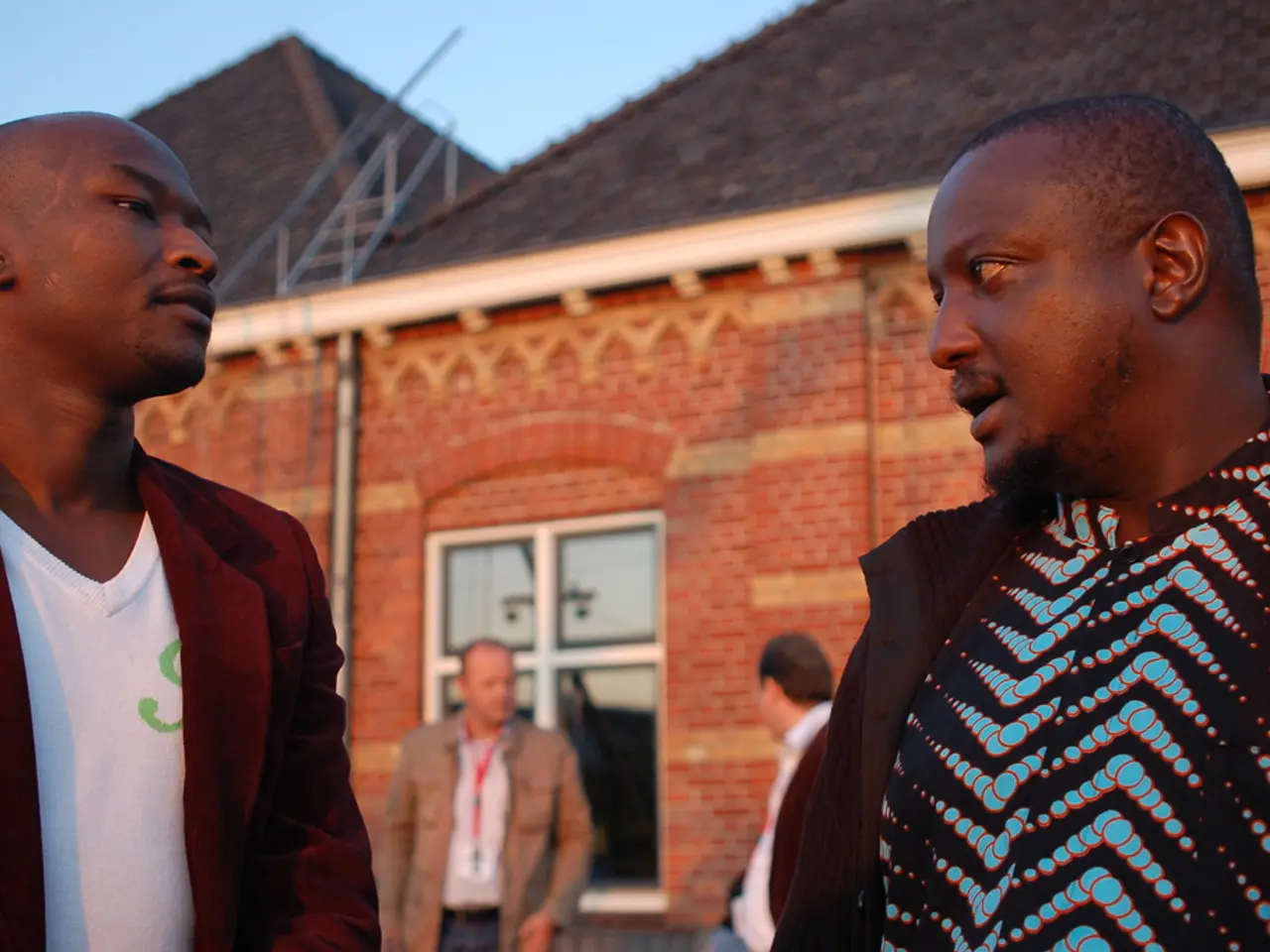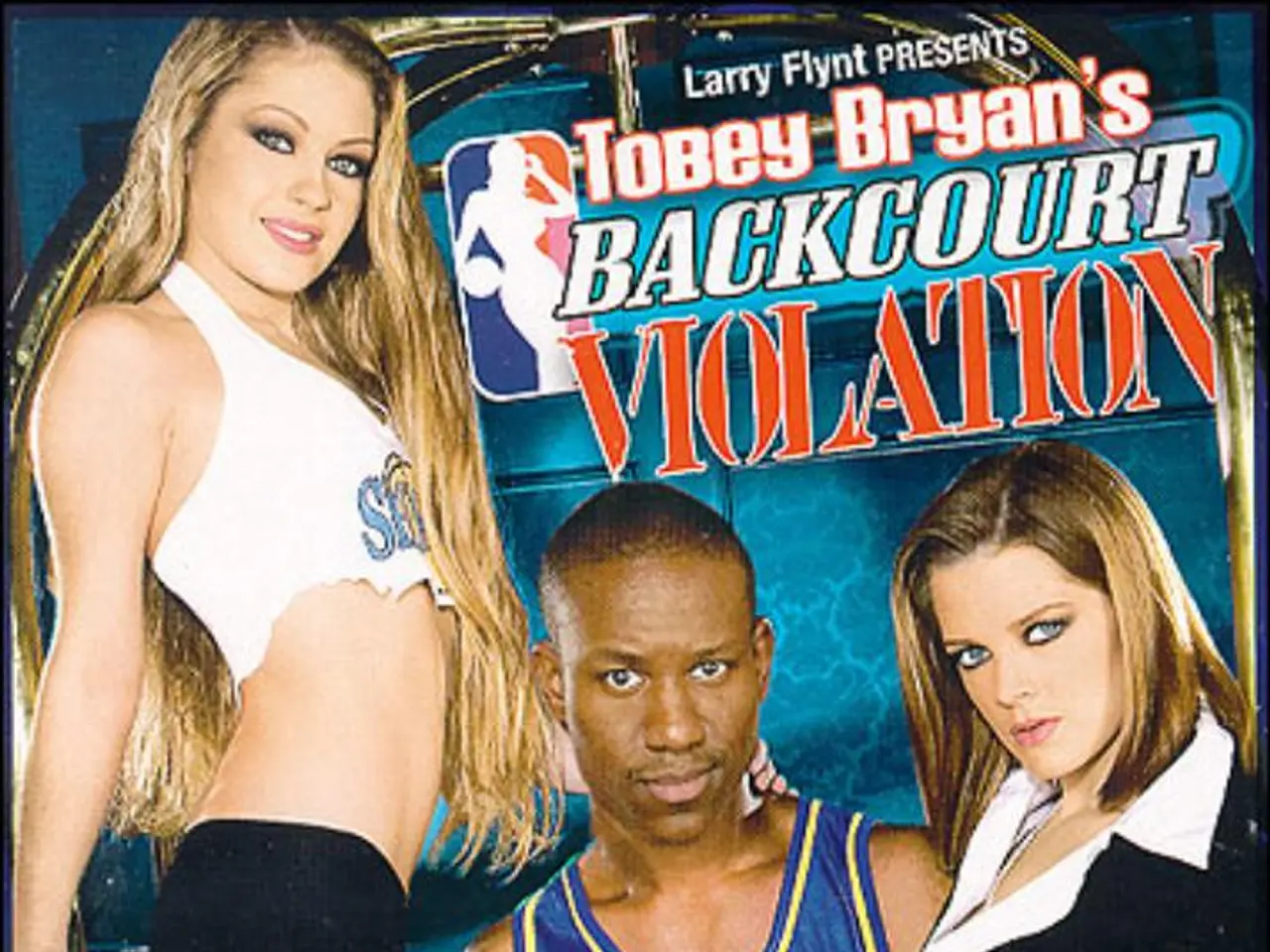Columbia's Demonstrations: Freedom of Expression under Threat
In a series of controversial events, Mahmoud Khalil, a Palestinian graduate student and lawful permanent resident at Columbia University, was detained by U.S. Immigration and Customs Enforcement (ICE) on March 8, 2025. Khalil's detention, ordered by the State Department under the Trump administration's directive to revoke his visa due to his prominent role in pro-Palestinian protests during the Gaza war, has sparked significant controversy and raised concerns about free speech rights and political motivations in immigration enforcement.
Khalil, who holds a green card granting him permanent residency in the U.S. and is married to Noor Abdalla, a U.S. citizen with a newborn son, was detained at the LaSalle Detention Center in Louisiana for over three months. His detention was widely viewed as the first known deportation effort linked to pro-Palestinian activism under President Trump, who had publicly threatened punitive measures against students and others for alleged affiliations with Hamas.
Legally, the government initially justified detention by invoking a Cold War–era provision of the Immigration and Nationality Act of 1952, which allows deportation if the Secretary of State believes a noncitizen’s presence harms U.S. foreign policy interests. However, critics have compared this use of an older statute to McCarthyism tactics, suggesting a politically motivated suppression of dissenting views.
On June 20, 2025, a federal judge ordered Khalil's release from detention, citing that he was neither a flight risk nor a danger to the community. The judge acknowledged Khalil's status as a lawful permanent resident, his family ties, and the absence of evidence for violence or criminal conduct. The ruling allowed Khalil to reunite with his family in New York while his immigration case proceeds.
The detainment of Khalil and the threats to Columbia University's funding highlight a potential politicization of free speech and protest. In recent months, the 2023-24 academic year has been the most tumultuous in recent memory for higher education, with the eruption of mass student protests and the banning of students from wearing masks at protests, as well as the hiring of 36 new campus security officers who can arrest student protestors.
These events have reverberated on campuses nationwide, as the Israel-Hamas war has sparked pro-Israel and pro-Palestine demonstrations. In his opinion piece titled "Ripples of Israel-Hamas War Reverberate on Campuses Nationwide," Owen Whaley '24 discusses the impact of the conflict on college campuses, while Ashwin Prabaharan '26, in his piece titled "From the River to the Sea": Are Students Truthfully Informed Or Simply Ignorant?, examines the information students are receiving about the conflict in the Levant area.
The conflicts in the Levant area, including the recent attacks by Hamas upon Israel, have resulted in nearly 2,000 Israeli civilian and military deaths, and over 7,000 Palestinian deaths in the Gaza Strip. These tragedies have raised questions about the role of higher education in fostering understanding and promoting peace in a complex and politically charged environment.
Admiral James Stavridis, a retired four-star United States naval officer, examined threats to the liberal world order in a Sept. 23 guest lecture, shedding light on the broader geopolitical implications of these events. As these issues continue to unfold, the Khalil case remains a critical example of the ongoing tensions between immigration enforcement and civil liberties in politically sensitive contexts.
[1] https://www.nytimes.com/2025/06/20/us/columbia-university-palestinian-student-deportation.html [2] https://www.cnn.com/2025/06/20/us/columbia-university-student-mahmoud-khalil-ice-deportation/index.html [3] https://www.washingtonpost.com/education/2025/06/20/columbia-university-palestinian-student-mahmoud-khalil-released-detention/ [4] https://www.theguardian.com/us-news/2025/jun/20/columbia-university-student-mahmoud-khalil-released-from-detention-after-three-months
- Mahmoud Khalil, a Palestinian student at Columbia University, was detained by ICE for over three months and faced potential deportation due to his activism during the Gaza war.
- Khalil's release from detention on June 20, 2025, was ordered by a federal judge who deemed him neither a flight risk nor a danger to the community.
- The detainment of Khalil has sparked controversy and concerns about political motivations in immigration enforcement, with critics comparing it to McCarthyism tactics.
- The tensions surrounding Khalil's case highlight a potential politicization of free speech and protest on college campuses, particularly during the 2023-24 academic year.
- Conflicts in the Levant area have led to thousands of civilian and military deaths, raising questions about the role of higher education in fostering understanding and promoting peace.
- Admiral James Stavridis, in a guest lecture, examined threats to the liberal world order, shedding light on the broader geopolitical implications of these events, including the Khalil case.








